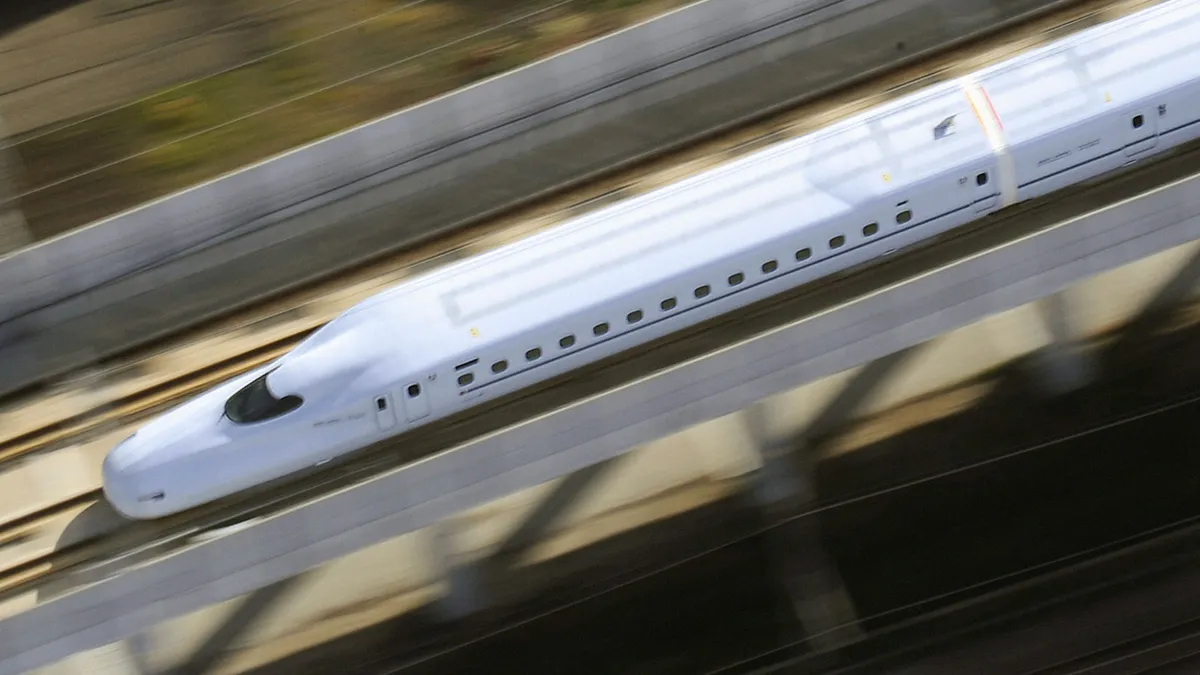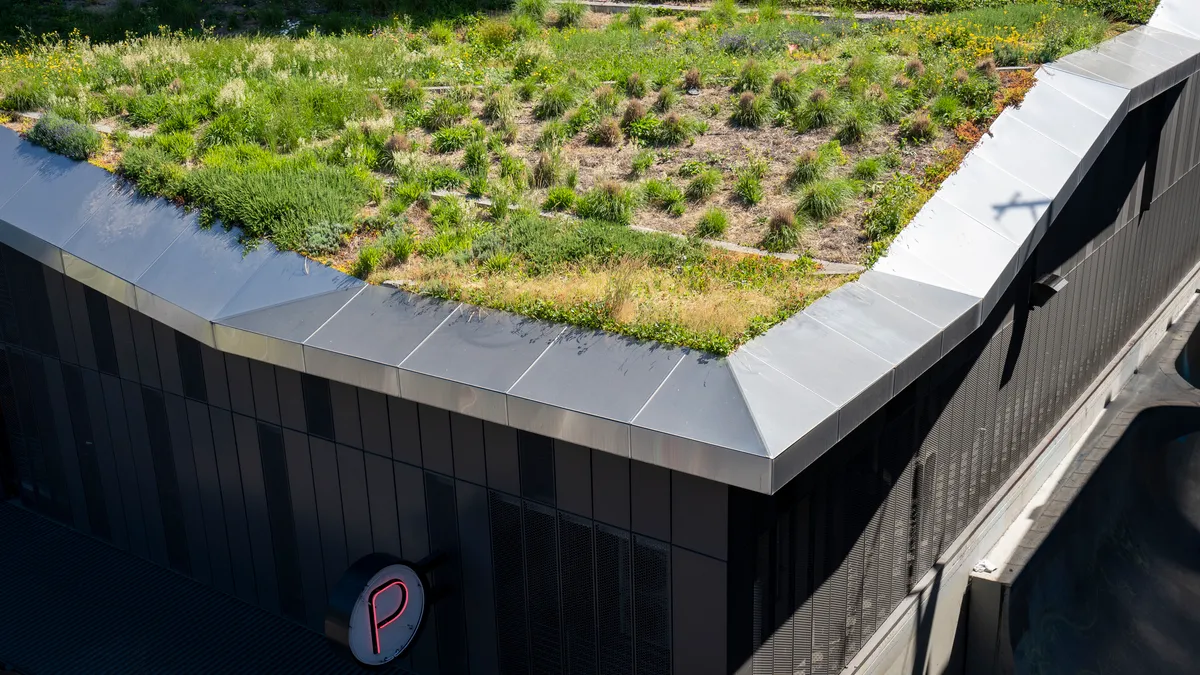Dive Brief:
- China is outspending the United States, Japan and South Korea on the infrastructure needed to for a 5G network, according to a new report from Deloitte, setting the country up to leap ahead of its rivals in the race for full deployment of advanced wireless technology.
- Since 2015, China has outspent the U.S. by $24 billion in wireless communications infrastructure. In that time, China has built 350,000 new cell sites to accommodate 5G, while the U.S. has built fewer than 30,000, according to the report.
- China’s five-year economic investment plan calls for $400 billion in investment related to 5G. Given the relatively lower equipment requirements to add a new network in China, Deloitte estimates the U.S. would need to spend 2.67 times as much to generate an equivalent amount of wireless capability.
Dive Insight:
Although U.S. companies are plowing forward to build up 5G infrastructure, the wireless industry has long acknowledged that it is trailing China (T-Mobile CEO John Legere told CNBC this spring “we are behind China,” while vowing that his company’s merger with Sprint would help the U.S. catch up). Carriers are competing to launch 5G in major and mid-market cities before the end of the year, but the infrastructure necessary to get the network online remains costly and time-consuming, as 5G relies on installation of small cells to expand the network and increase speeds and connectivity for customers.
The Deloitte report found that China’s 1.9 million sites for 5G infrastructure was more than 10 times what the U.S. has built, meaning China has a far denser network, facilitating more applications of 5G including smart grid and connected vehicle technology. The firm recommends that the U.S. encourage collaboration between carriers and infrastructure providers to increase the build-out, and establishing “lighter touch” policy frameworks that would help carriers expand their networks without government intervention. The report also calls for a national database for deployment statistics, best practices and small cell approval rates to help bring more transparency.
A separate report from Accenture commissioned by CTIA released in July said that easing infrastructure requirements for small cells to facilitate a speedier 5G rollout could boost the U.S. economy by $100 billion. The Federal Communications Commission (FCC) is taking small steps to relax infrastructure delays, including a planned vote on a policy making it easier to put small cells on on utility poles.
"The potential economic benefits of 5G will soon become a key differentiator for cities looking to attract both businesses and residents,” Dan Littmann, a Deloitte principal, said in a statement. “For the U.S. to remain competitive and eventually emerge as a leader, the race to 5G should be carefully evaluated and swift actions should be taken."










